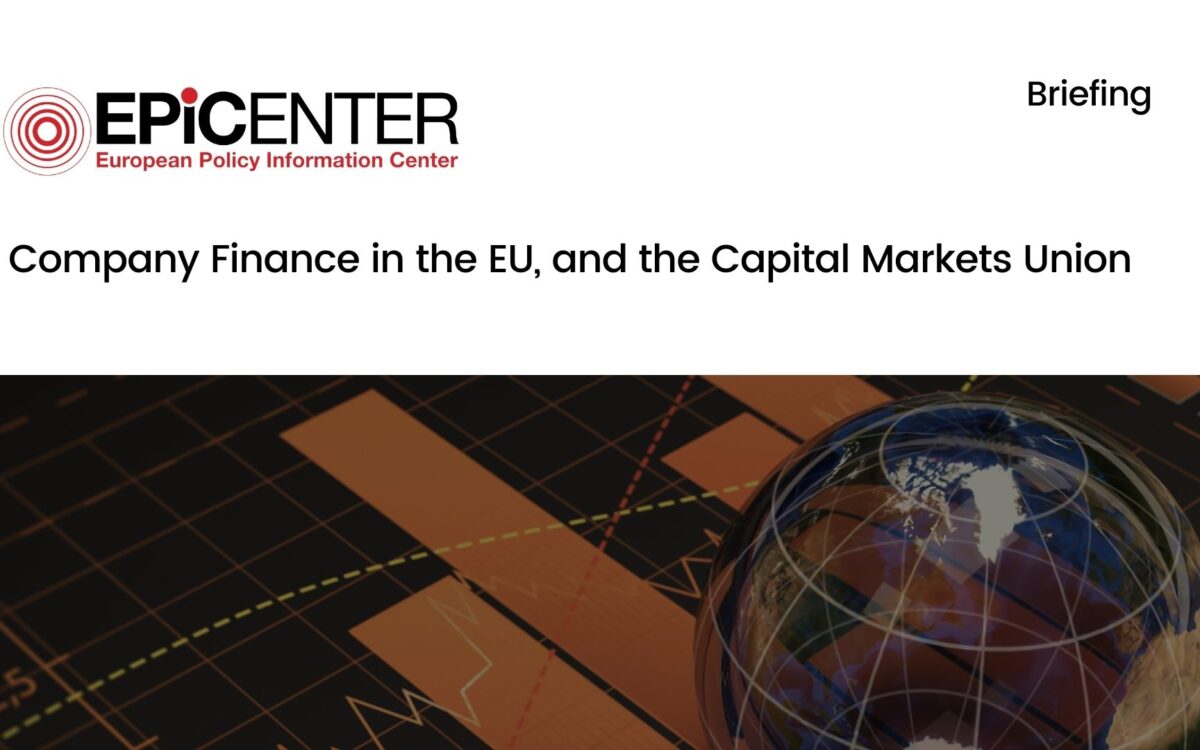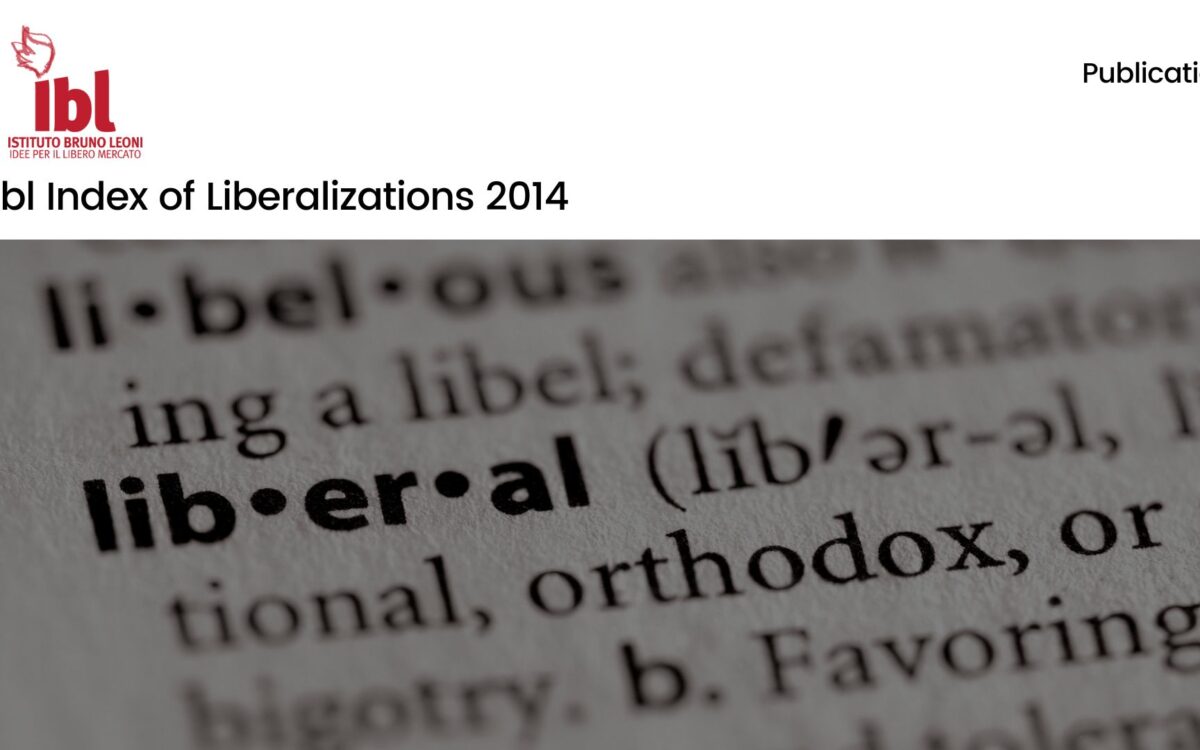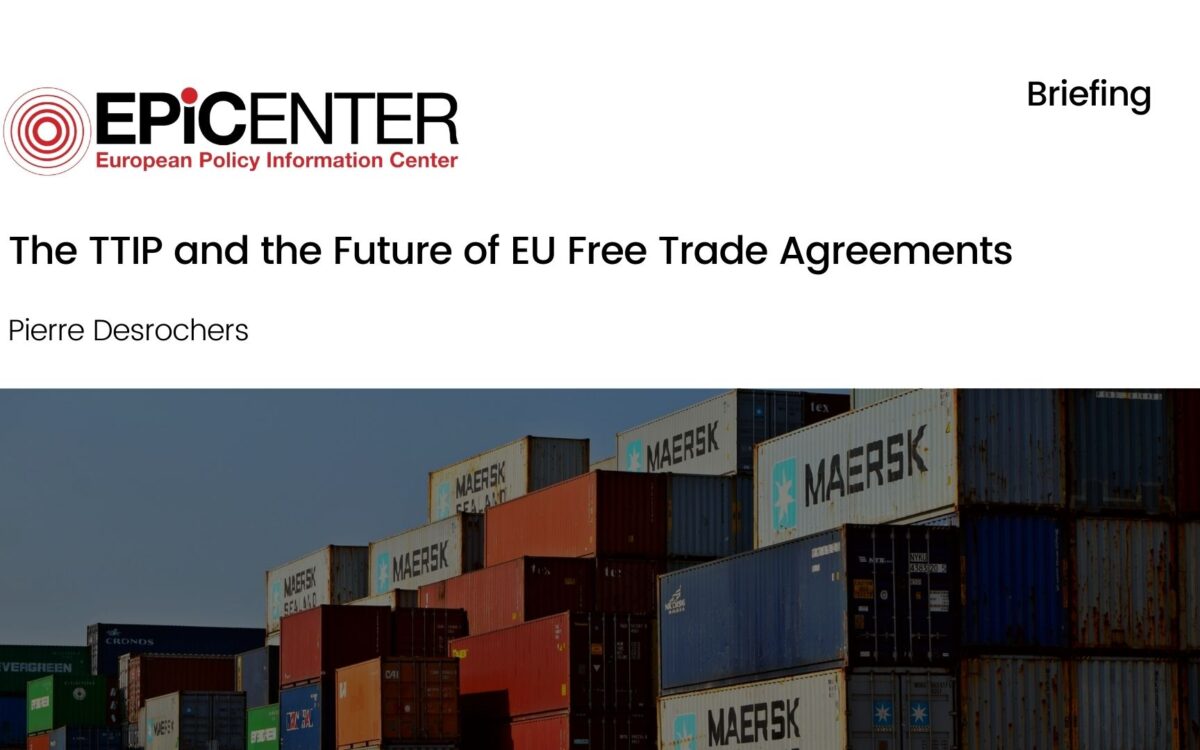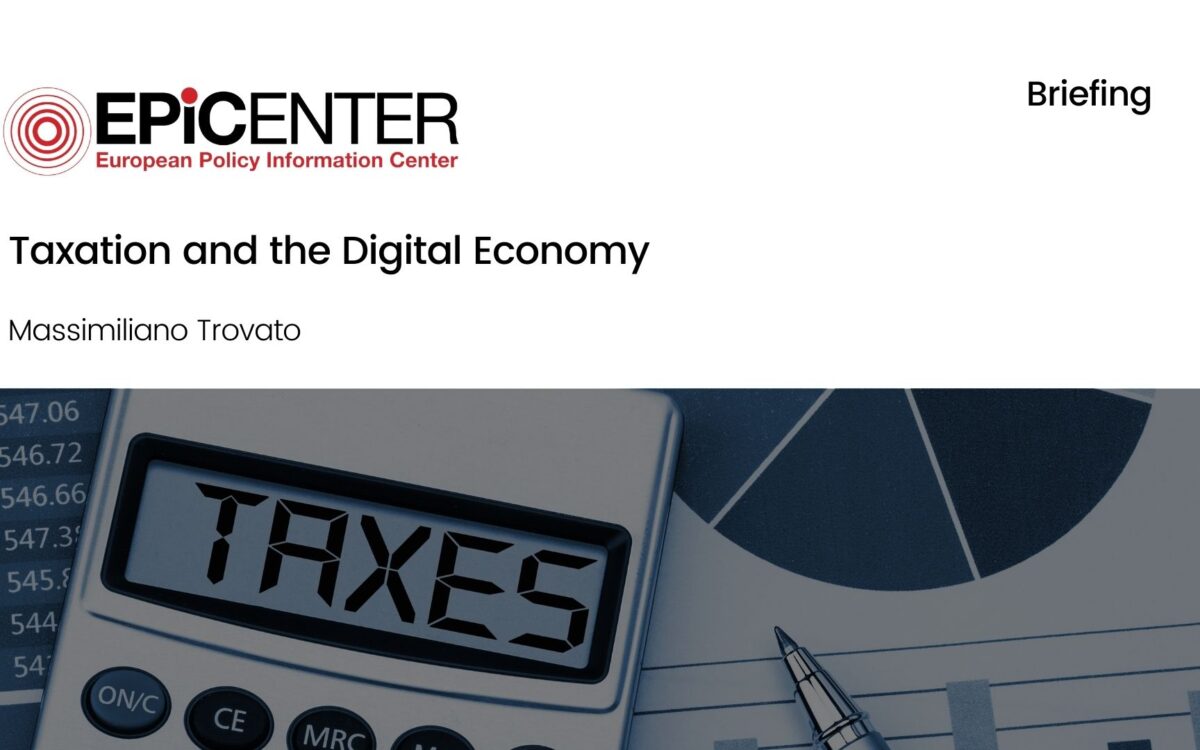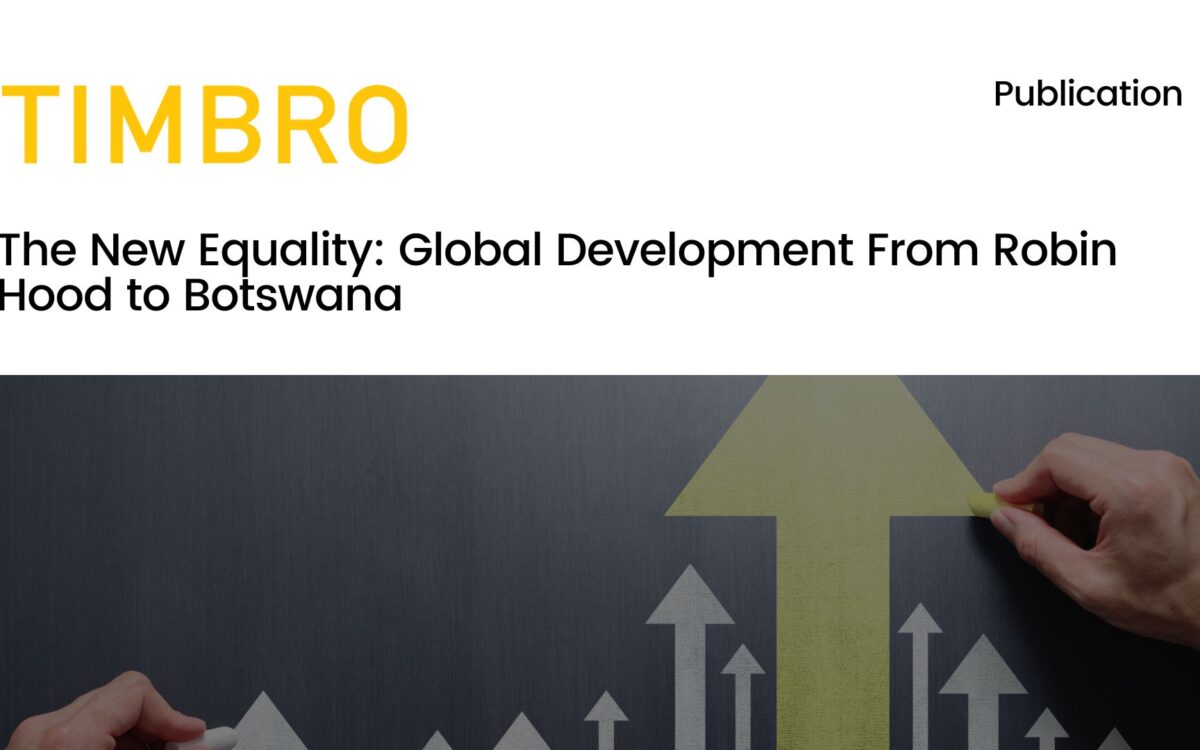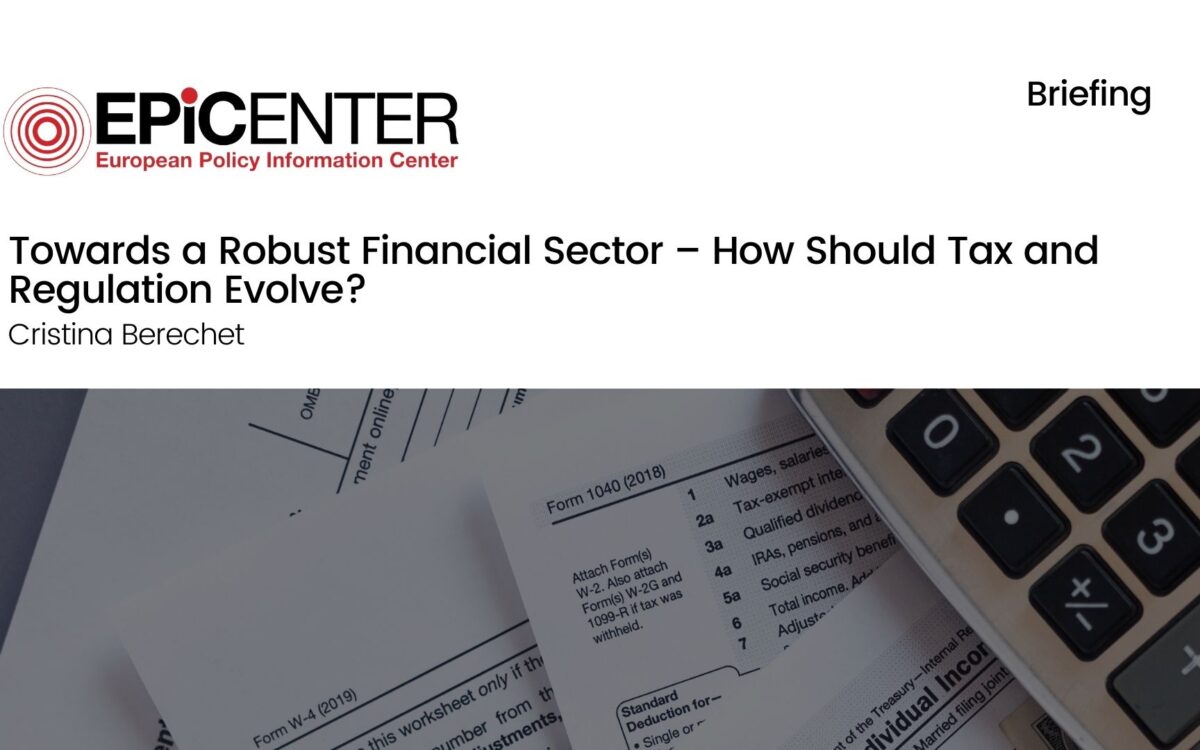April 1, 2015
Post-crisis financial regulation of banks and new regulations being developed for insurance companies have likely contributed to the dearth of financing for EU companies. The Commission must consider the adverse impact that regulatory measures, both at Union and Member State levels, have had on business finance.
